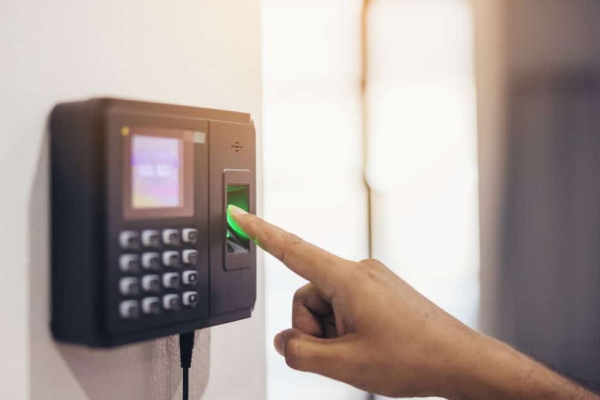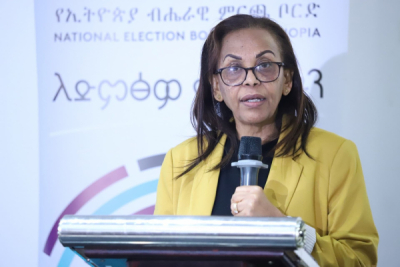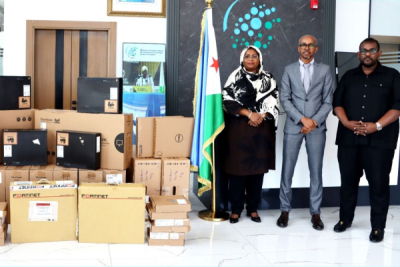In sub-Saharan Africa, the chronic absence of civil servants tends to undermine many institutions. To address this growing phenomenon, governments are turning to digital technologies to provide adequate solutions.
The Gambia recently called on ministries, departments, and agencies to install biometric tallying systems to confirm the presence of civil servants at work. According to a memo issued by The Gambia's Ministry of Public Service, Administrative Reforms, Policy Coordination, and Implementation, the call is merely a reiteration of an earlier memo issued by the Secretary-General and Head of the Public Service in February 2021.
The memo instructs the concerned institutions to acquire and install the biometric attendance system, per the specifications, by the end of February 2023.
Recently in Kenya, the Nairobi County government made a similar decision. It announced that it would introduce a digital employee registration system and biometric identity cards to identify "ghost" employees at the town hall.
Johnson Sakaja, the governor of Nairobi, said the county had budgeted Ksh10 million ($79,000) for the project, which will identify irregular workers among the approximately 13,000 civil servants working for the city council.
Meanwhile, in Gambia, the government plans to replace ID cards with an electronic biometric tallying system, with data to be printed weekly and transmitted monthly to the secretary general and head of the civil service.
The new reforms aim to combat the ills that plague the sector (including absenteeism), modernize the administration, and reduce the huge wage bill that ghost workers impose on the government.
Samira Njoya



















